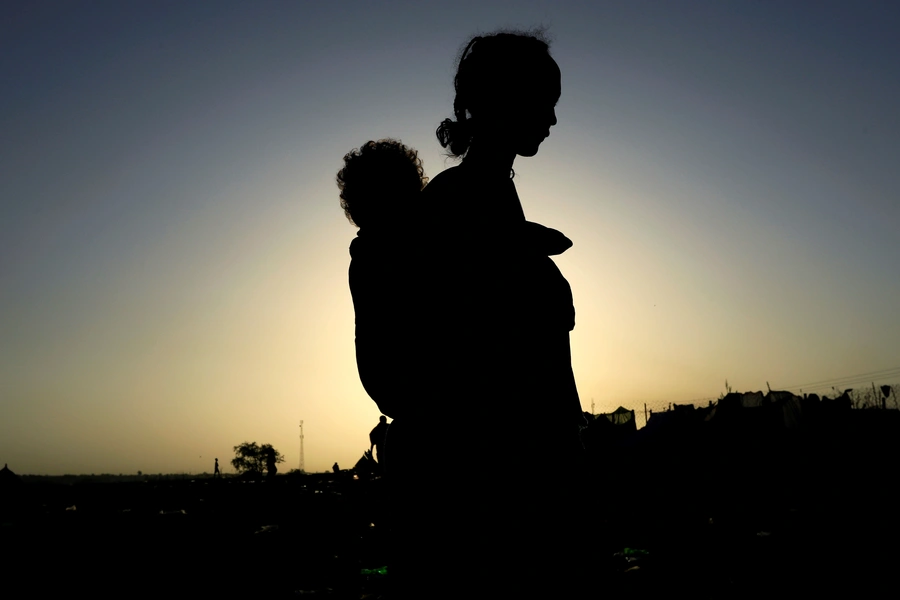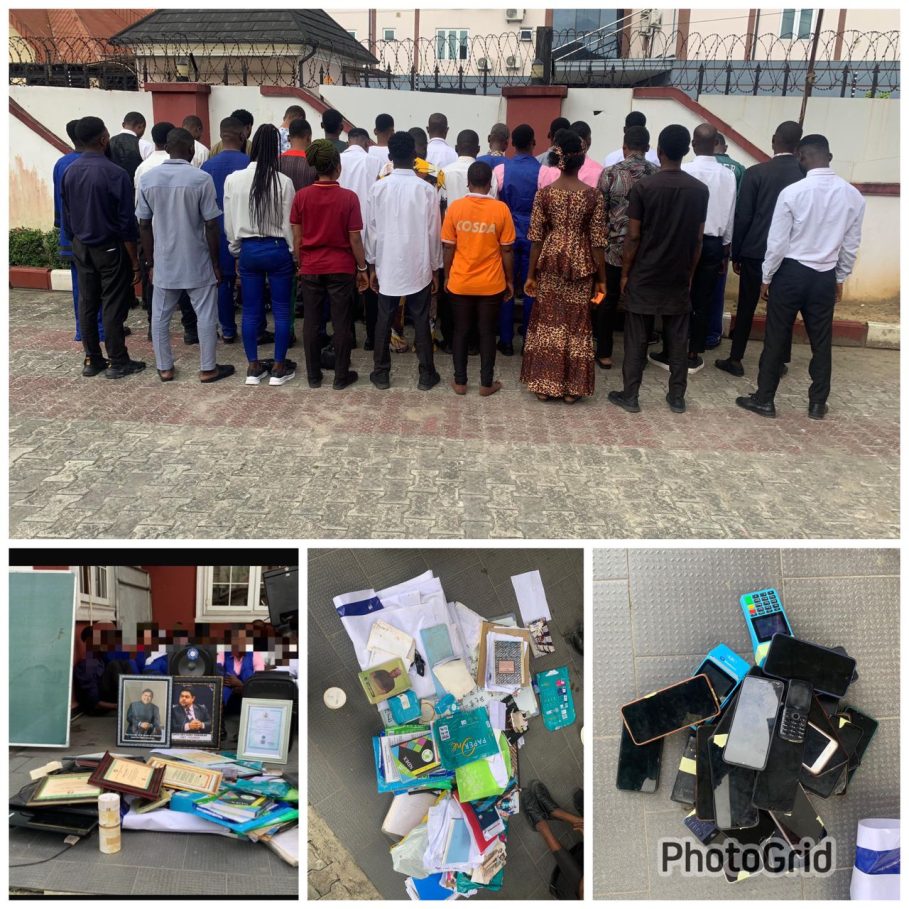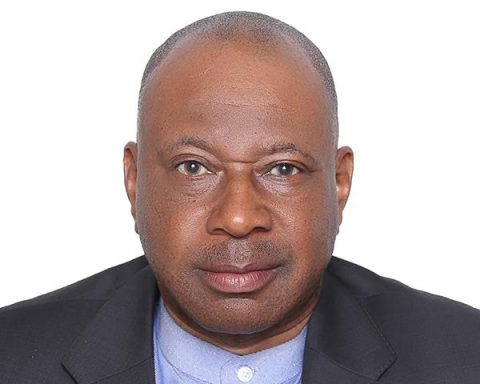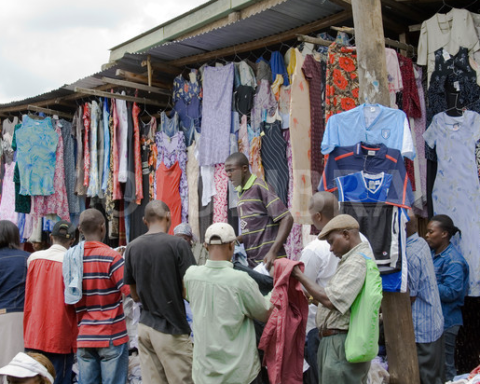A new report by the Commission of Inquiry on Tigray Genocide (CITG) has accused Ethiopia’s transitional justice process of shielding perpetrators of atrocities committed during the country’s two-year civil war, warning that it risks becoming “victor’s justice” rather than a path to truth and accountability.
The 150-page report, titled War-Induced Genocidal Sexual and Gender-Based Violence in Tigray, documents the staggering scale of sexual violence during the conflict, describing it as systematic and genocidal. Drawing on data from more than 481,000 respondents and over 2,000 in-depth interviews, the Commission estimates that nearly 300,000 women and girls were victimized by sexual violence in Tigray.
The CITG, established in May 2022 by the Tigray Interim Administration has conducted extensive research collecting data from more than 650,000 households across Tigray.
“Sexual and gender-based violence in Tigray was not random,” the report states. “It constituted genocide, crimes against humanity, and war crimes.” The report revealed that nearly 60 percent of surveyed women reported surviving at least one form of gender-based violence, while 13 percent endured sexual slavery. “The crimes were deliberate, organized, and used as weapons of war aimed at the destruction of the Tigrayan people,” the Commission added.
The Tigray war, which lasted from November 3, 2020, to November 2, 2022, is considered one of the world’s bloodiest contemporary conflicts. The war erupted when tensions between Ethiopia’s federal government, led by Prime Minister Abiy Ahmed, and the Tigray People’s Liberation Front (TPLF) escalated into full-scale armed conflict.
The fighting involved the Ethiopian National Defense Force (ENDF), the Eritrean Defence Forces (EDF), Amhara regional militias, and Tigrayan forces loyal to the TPLF. Death toll estimates vary widely due to information blackouts and restricted access to the region. Researchers at Belgium’s Ghent University estimate that between 300,000 and 600,000 civilians died from violence, famine, and lack of medical care.
The war formally ended with the signing of the Pretoria Agreement on November 2, 2022, brokered by the African Union in South Africa. However, many provisions remain unfulfilled, including the withdrawal of Eritrean forces and the return of internally displaced persons.
At the heart of the CITG’s findings lies a scathing critique of Ethiopia’s transitional justice initiative, launched in early 2024 as part of the post-Pretoria peace process. The Commission argues that the framework “does not comply with international standards” and fails to center victims, particularly women.
“The national accountability mechanism, including the ongoing transitional justice, is unlikely to investigate and prosecute the crime of genocide committed against Tigrayan women and girls,” the report warns. It accuses the government of political interference and notes that institutions tasked with delivering justice are under the control of the same authorities accused of committing atrocities. “The implication of the ENDF and civil officials in the commission of genocide makes it unlikely for the federal government to investigate and prosecute its own crimes,” the report says.
The Commission found “reasonable grounds” to believe that the ENDF, EDF, and Amhara regional forces committed genocide, crimes against humanity, and war crimes. It attributes 55.6 percent of documented sexual violence cases to the Eritrean forces and 35.7 percent to the ENDF. Survivors’ testimonies reveal patterns of gang rape, forced impregnation, and mutilation. “Perpetrators inflicted conditions of life calculated to bring about physical destruction,” the report noted.
Beyond the atrocities, the report highlights a humanitarian and psychological crisis. Over 73 percent of survivors reported severe trauma, and nearly half faced social exclusion or family breakdown. “The failure to provide redress and protection turns this into a public health and social emergency,” the Commission warned.
Its findings echo earlier conclusions by the UN International Commission of Human Rights Experts on Ethiopia (ICHREE), which reported that most Ethiopians have “a complete lack of trust in state institutions to carry out a credible process of transitional justice.”
The humanitarian situation in Tigray remains dire. More than 21.4 million people across the affected regions need humanitarian assistance, with an estimated 90 percent of Tigray’s population relying on emergency aid to survive. Eritrean and Amhara forces continue to occupy significant portions of the region despite the peace agreement.
The CITG calls for the establishment of international accountability mechanisms — including referral to the International Criminal Court or a special tribunal — and for survivor-centered rehabilitation programs.
“The federal government cannot investigate itself,” the report concludes. “Without impartial investigation and prosecution, healing and justice for affected women cannot be achieved.”
In March 2023, the United States formally determined that armed forces on all sides of the conflict committed war crimes, with Secretary of State Antony Blinken pressing for accountability during a visit to Ethiopia. However, no concrete international accountability mechanisms have been established, and the Ethiopian government has maintained that its national transitional justice process is sufficient.












